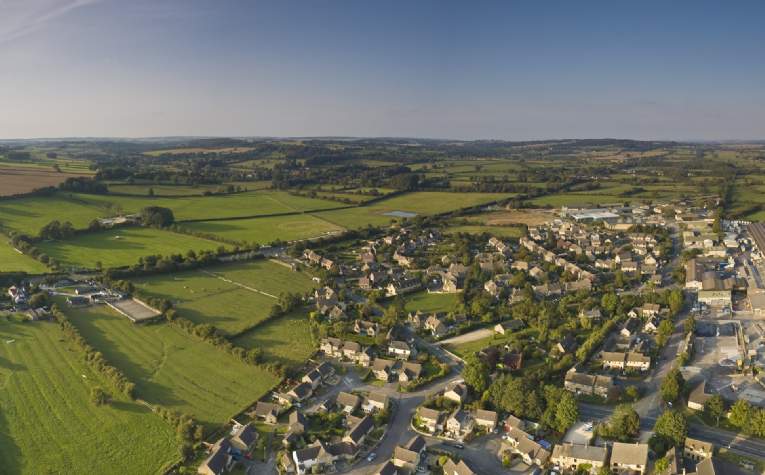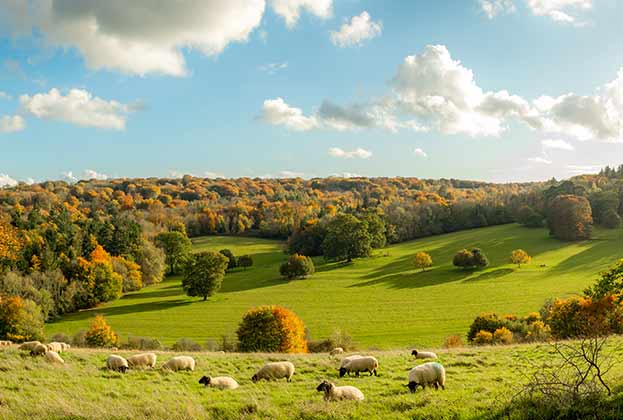Implied values based on farmer income and cost of capital are already reasonably well correlated with actual values, at 74 per cent correlation, indicating the lack of external non-agricultural drivers of land values. When a five-year moving average is taken, this correlation becomes near perfect, at 96 per cent.
This reflects the reality that farmers are long-term decision makers, and tend not to buy or sell land impulsively as a result of a single good or bad year. Purchasing and sale decisions are made rather on the basis of longer-term trends in the market. Since margins year to year are volatile, farmers view selling land in a bad year as increasing the risk of missing out on subsequent good years. As a result land prices are more stable, due to this longer-term outlook.
This volatility is also further tempered by the existence in the market of owners who lease farmland out, where income is often guaranteed through multi-year rental contracts, thereby providing another reason to hold rather than transact.
So is there any downside to farmland prices? There have indeed been years where farmland prices have fallen, however these falls have been generally a lot less steep than any price rises that have occurred. Long-term predictions around population growth, diet changes (with greater per capita calorie consumption and meat consumption forecast for the end of the century) and land availability constraints will lead to a long-term upward trend in commodity prices, farmer margins and – as a result – farmland values. Investors with a long-term outlook can benefit hugely from holding farmland assets within their portfolio.
Further information
Contact Jonny Griffiths
Spotlight: Global Farmland 2022
(7).jpg)
.jpg)
.jpg)

.jpg)
.jpg)
.jpg)
.jpg)
.jpg)
.jpg)
